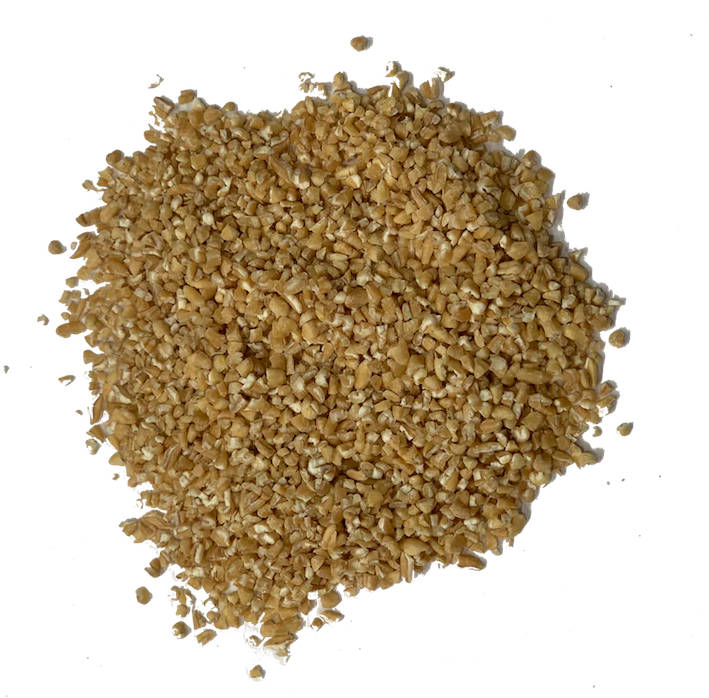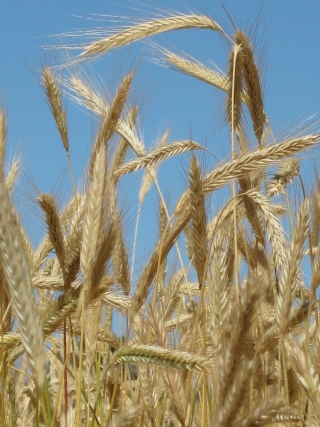Kibbled Rye

Details
Kibbled rye refers to rye grains that have been cracked or coarsely ground into small pieces, maintaining much of the grain's original texture. This process allows the rye to retain its bran and germ, making it a nutritious option packed with fibre, vitamins, and minerals. Kibbled rye has a hearty, nutty flavour and a chewy texture, making it ideal for adding substance to various dishes.
It can be used in baking, often added to breads or rolls for a rustic, earthy texture. Additionally, kibbled rye can be used as a base for porridge or as an ingredient in salads, soups, and stews. Its versatility makes it a great alternative to other grains, offering a nutritious and satisfying option for both savoury and baked recipes.
Order
Rye
Rye grows much better in cooler and drier regions than wheat, and also performs well on sandy soils. Rye is a 'light' germinator needing to be sown shallowly into a well prepared seed bed. Compaction or wet feet have a severe effect on rye and yields can slump dramatically if such conditions arise. It is wind pollinated to a substantial degree. This allows the introduction of outside lines which become 'integrated' over subsequent generations –
the rye variety on Milmore Downs has developed over 30 years from four main seed sources.
Our rye is popular because it bakes well (typically falling number values are high). However, the baking qualities of rye flour are fundamentally different to those of wheat. This is due to the enzyme constituents - rye flour has amylum destructive amylases which hinders raising and therefore it needs to be baked using sourdough as the raising agent. Pumpernickel, made solely from rye flour and kibbled rye is a well known type of rye bread, but very often rye is mixed into bread made with other grains.
Our rye flour is a wholemeal flour and milled in Zentrofan mills which produced a very finely milled flour. Learn more about our grain processing.
All rye products are BioGro* certified
the rye variety on Milmore Downs has developed over 30 years from four main seed sources.
Our rye is popular because it bakes well (typically falling number values are high). However, the baking qualities of rye flour are fundamentally different to those of wheat. This is due to the enzyme constituents - rye flour has amylum destructive amylases which hinders raising and therefore it needs to be baked using sourdough as the raising agent. Pumpernickel, made solely from rye flour and kibbled rye is a well known type of rye bread, but very often rye is mixed into bread made with other grains.
Our rye flour is a wholemeal flour and milled in Zentrofan mills which produced a very finely milled flour. Learn more about our grain processing.
All rye products are BioGro* certified
